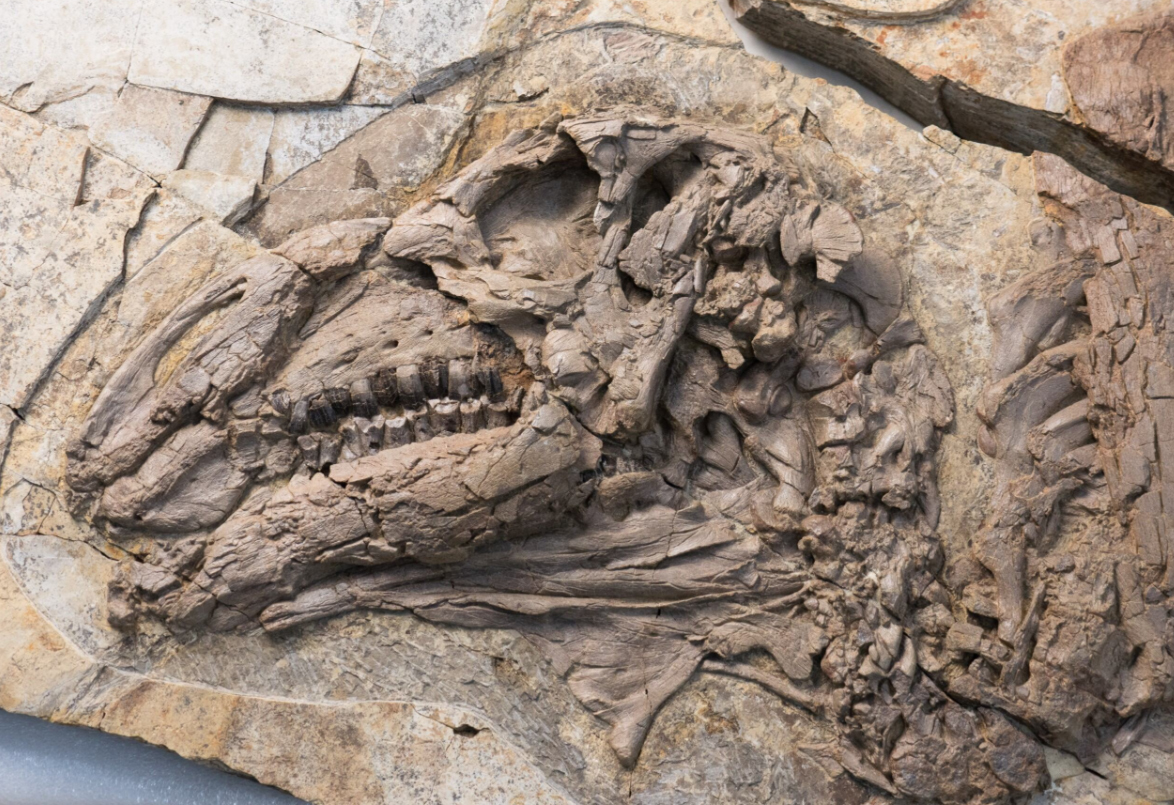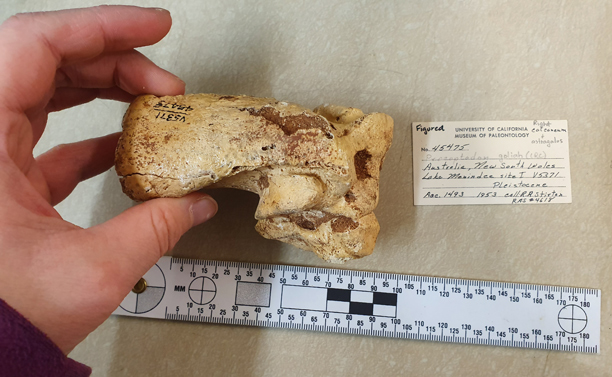Canadian Government Officials Take Steps to Protect Fossil Location
With the current spate of vandalism to important fossil sites being reported from Canada it is very reassuring to note that for one location in British Columbia; Government officials have stepped in to help protect it and the areas valuable fossils. An important Palaeogene fossil site in British Columbia is to get legal protection.
Palaeogene Fossil Site
A series of highly fossiliferous strata described as a “fossil gold mine” by palaeontologists near to the small town of Cache Creek located on the junction between the Trans Canada Highway and Highway 97 has been granted full conservation status by the Canadian Government. The site known as the McAbee Fossil Beds are a set of shallow lake sediments laid down between fifty and fifty-five million years ago (Palaeogene geological period). These beds have provided a large number of plant, invertebrate and fossil fish specimens, many of which are new to science.
Impressions of feathers have even been found, preserved in the fine sediment. The land owners had run fossil excavation trips to permit amateur fossil hunters the chance to obtain their own fossil specimen, however, although these excursions were carefully planned and supervised, the provincial government has put an end to them by declaring the location as a heritage site.
Commenting on the decision, which was formalised this spring, Forests and Lands Minister Steve Thomson stated that the declaration will secure the future of the McAbee fossil beds. The decision has been taken so that the fossils can be properly studied by palaeontologists and to prevent important finds not reaching the scientific community.
To view prehistoric animal models and replicas of extinct creatures: Models and Replicas of Prehistoric Animals.
However, the decision does not please everyone, a number of trips had already been booked to the quarry site, (the fossils are to be found in a cliff face), these have now been cancelled. The land owners are not happy with the compensation they have been offered, stating that the figure quoted by the provincial government covers the mineral rights but not the value of the potential fossil finds. The decision has forced the landowners to close down their commercial fossil hunting enterprise for good.







Leave A Comment